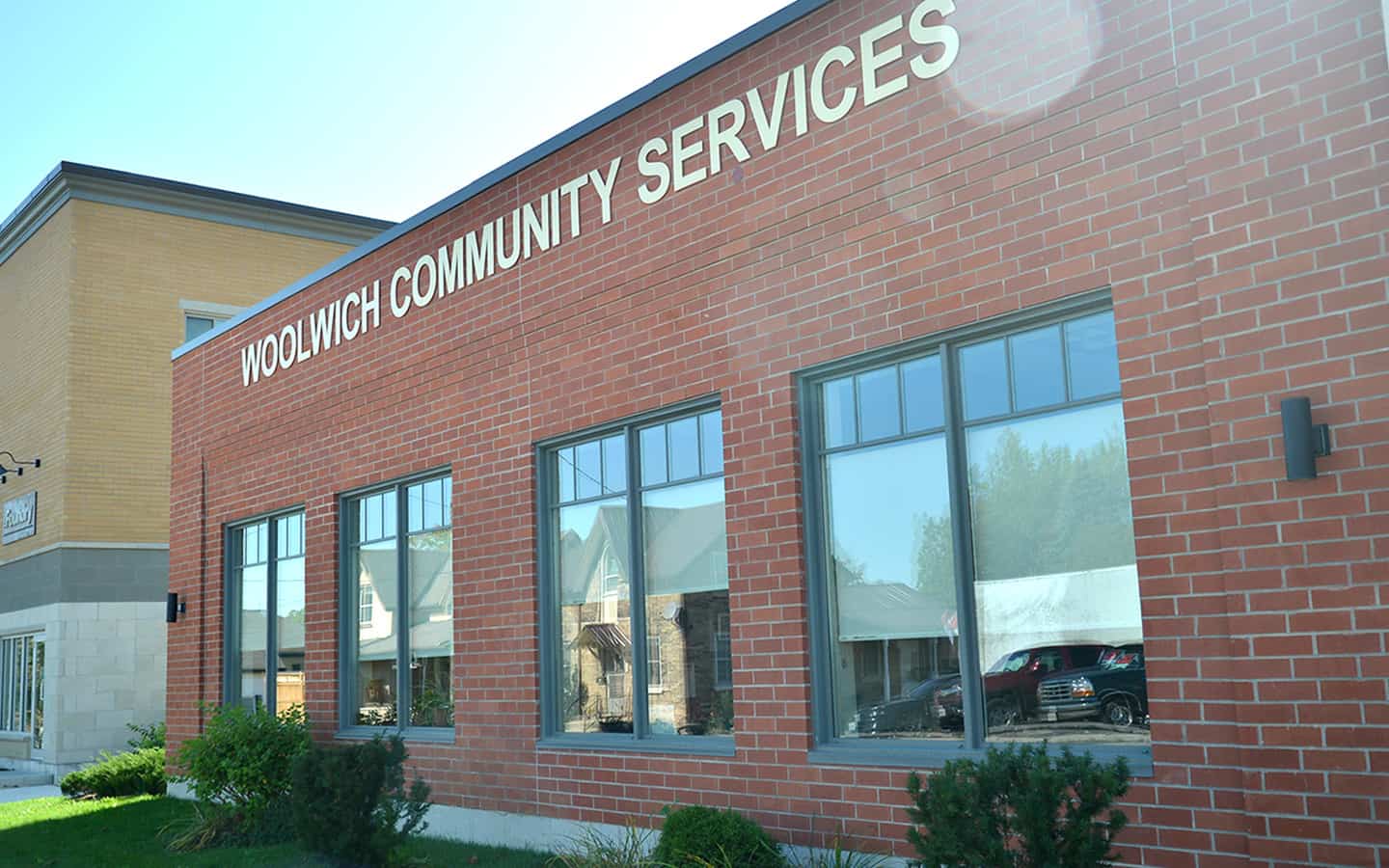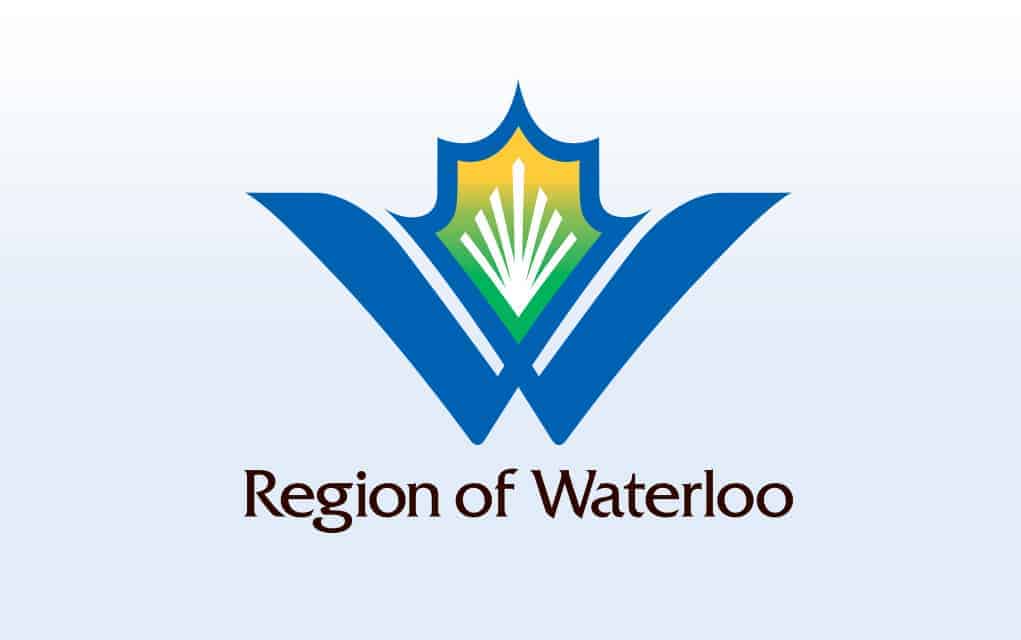With last week’s release of provincial school-reopening plan, public health officials in Waterloo Region are busy reviewing the procedures ahead of a September rollout.
“We are reviewing the guidelines currently and will continue to support our local board and implement these guidelines,” said acting associate medical officer of health Dr. Julie Emili in Tuesday’s weekly regional video update.
It’s a new issue on the department’s plate even as new instances of COVID-19 continue to remain low and case numbers are stable.
At midweek, there were just 36 active cases in the region. Overall, there have been 1,395 cases since the virus was first identified in the region, 1,240 of which have been resolved – 89 per cent. The virus has claimed 119 lives.
Of the 53,314 tests that have been carried out to date, 2.6 per cent have been positive.
There are currently outbreaks at two long-term care facilities in the region: Columbia Forest LTC and A.R. Goudie LTC, with a case identified in one resident at the former and a staff member at the latter.
Outbreaks at such institutions have been responsible for about 80 per cent of the fatalities in the region.
In preparing for a return to school, the Public Health department is looking at how schools will deal with the mandatory mask policy. Children in Grade 4 and up will likely need education to ensure masks are being worn adequately for those who can wear them in the classroom environments, said Emili, adding she recommends parents begin discussions of mask-wearing with children before the school year starts.
Since making masks mandatory in public indoor spaces last month, the region has been monitoring issues, including confrontations over mask-wearing. As the region doesn’t require proof for those who say they’re unable to wear masks, that may have lowered the likelihood of confrontation, said Emili. However, school grounds can be riddled with bullying, and masks could end up being a new target. Emili encourages parents to also educate their children on why some people may not be able to wear facial coverings.
She also noted that with the opening of indoor restaurant and bar seating, the province requires facilities to collect contact information from patrons in the event contact tracing is required. Officials are particularly worried about the potential for spreading the virus among younger bar patrons, particularly when alcohol suppresses inhibitions. That may be behind the surge in cases among people in their 20s.
“I think we all know it when you drink and use drugs, you don’t make the best decisions,” said Emili, adding there are no data just yet showing an increased risk of the virus for people consuming substances that inhibit perception and orientation.
In neighbouring Wellington-Dufferin-Guelph, the numbers continue to remain lower, as they have throughout the crisis. Public Health there made masks mandatory in mid-June.
The area reports 20 active cases, and 527 cases to date. Of those, 470 have been resolved showing a recovery rate of 89.2 per cent. There have been 37 deaths in the catchment area.
The Ministry of Health reported 39,714 cases of the novel coronavirus in Ontario on Wednesday. There have been 2,782 deaths attributed to the virus, representing a mortality rate of seven per cent. The ministry reports 35,747 cases (90 per cent) have been resolved.
The latest numbers from Health Canada show there have been a total of 117,792 confirmed cases of COVID-19 nationwide, of which 6,314 remain active.
There have been 8,958 related deaths, a mortality rate of 7.6 per cent.









